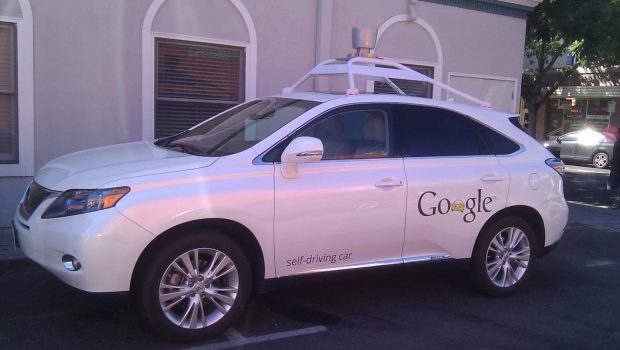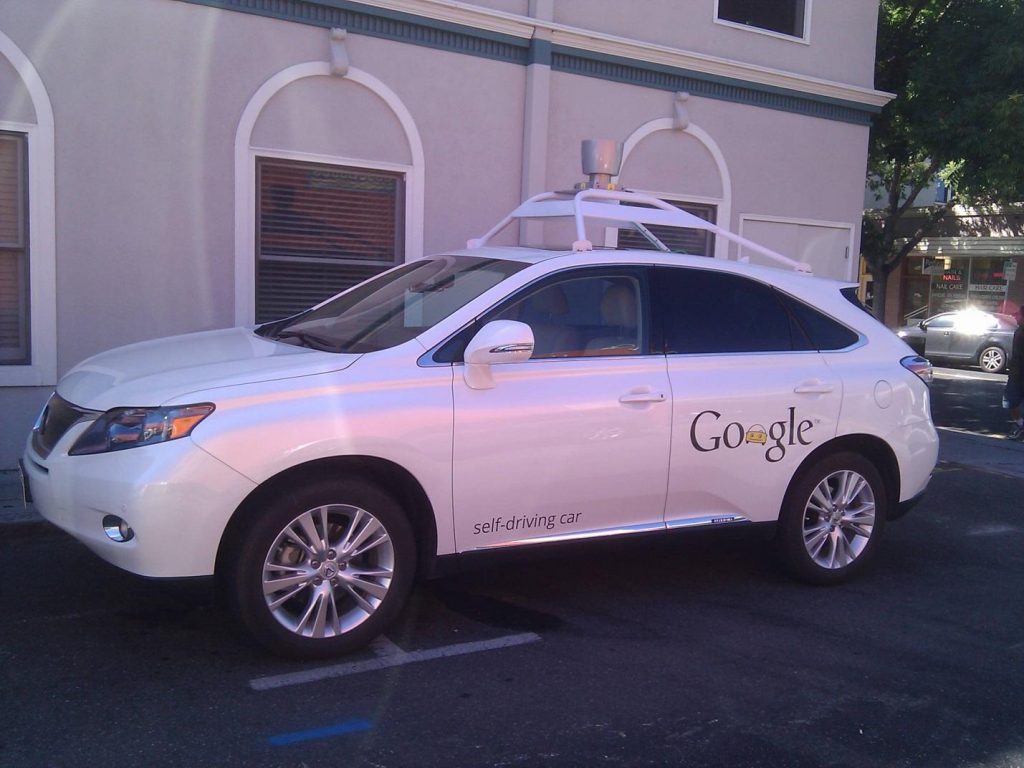Why the UK Doesn’t Prefer Tech Giants For Driverless Vehicles
Back in 2014, the World’s economy amounted to $78.04 trillion and by 2020, it’s expected to grow to a staggering $93.599 trillion and despite a lot of technological revolutions coming through, this monumental growth pattern will still be dominated and powered by conventional sectors like agriculture and manufacturing. However, there is a certain technological disruption on the horizon that will be unlike anything we have ever witnessed in conventional or unconventional terms, and it has the power to shake things up drastically on a global scale.
Driverless or autonomous cars will provide a staggering $5.6 trillion in global savings each year when fully deployed, signifying the economic incentive in pursuing this latest technological marvel at our doorsteps. Humans have limitations like we need sleep, regular breaks, sick and maternity leaves, which makes us a highly inefficient option for doing a task when we are competing against automation.
Driverless cars won’t need to stop, take naps, require sick leaves and still they will make our roads immensely safer by reducing the number of accidents that take place due to human errors. This will also significantly drive down insurance costs globally. These unprecedented benefits that driverless cars promise are definitely tantalizing in economic terms, but there are several roadblocks in achieving this utopian scenario and one of which was exemplified in a recent in-depth consumer survey by INRIX.
Consumers in the United Kingdom felt uneasy to share their in-car data with Tech Giants, with only a measly 18% choosing to trust them with their potentially sensitive in-car data flows, according to the survey. Nearly a third of the respondents from the UK said that they didn’t trust anyone over handing over the data from their connected cars. However, one of the most important findings of this survey, which took place in USA, UK, Italy, France & Germany and involved 5000 participants, was that the respondents preferred established automobile manufacturers with 27% of them reporting that they would trust these car firms with their connected car data.
The race for driverless cars has seen tech giants like Uber & Google, speeding up their developments in a bid to bring their autonomous cars into commercial usage and start realizing the benefits, but this domain is entirely different from what these tech giants have succeeded in up till now. On the internet, in exchange for the services, like being able to have the option to get customized search options or your past car sharing history, consumers happily traded some of their personal data to these tech giants, but when it comes to cars, sharing data raises many concerns. The idea that someone could get access to a data stream which shows exactly where are you are headed to at the moment or even have a certain degree of control over the financial transactions you might be making when riding in your car, can serve to be a big turn off for many potential consumers.
Conventional Automobile manufacturing firms have been around for decades and they have developed a high degree of consumer trust in their category. As found in the survey, consumers are more likely to trust car firms with their data over tech giants like Google & Uber. But, these tech giants would certainly want to secure a certain degree of data to get going with their technological facilitations and make the whole experience better, making it highly important that these tech giants partner with conventional car firms and use their already established trust to initiate consumer confidence in this regard.
Some tech giants have already moved forward in this regard like Google, who is partnering with automobile manufacturers like Honda & Fiat Chrysler. Even Amazon’s ambitions for autonomous cars are being built through on Ford cars. The opinion of consumers in the UK, according to this survey by INRIX, has signified that much has not changed over the years when it comes to people’s view of autonomous vehicles and the conditions on which they will be regarded as more acceptable to people.
People still need these cars to be data secure and safe, factors which might even serve to overshadow the massive economic opportunity that these autonomous cars present to the global economy. But when we talk about an amount of $5.6 trillion saved each year, such complex roadblocks would definitely prop up every now & then. Every brand or technology in the world has gone through a big trust building phase before going on to hit glory in the long run and Driverless cars are no different. Partnering with niche firms is important to bringing disruptions towards becoming full-fledged industries, and if this policy of tech giants partnering with conventional car firms is applied and followed, it’s not long that we will revisit our prediction of 10 million autonomous cars on the road by 2020 and start pondering over bringing it to an even higher figure in the upcoming future.
Author Bio:
Carla Adams is an enthusiastic dreamer and a super workaholic to achieve all of that. She is a blogger, writer, basketball player, technology and fashion freak. Currently, she is associated with Alfa Romeo Central Florida, dealers of premium new and used cars in greater Orlando area, for their blog operations. For all the updates follow her on Facebook, Twitter.

















